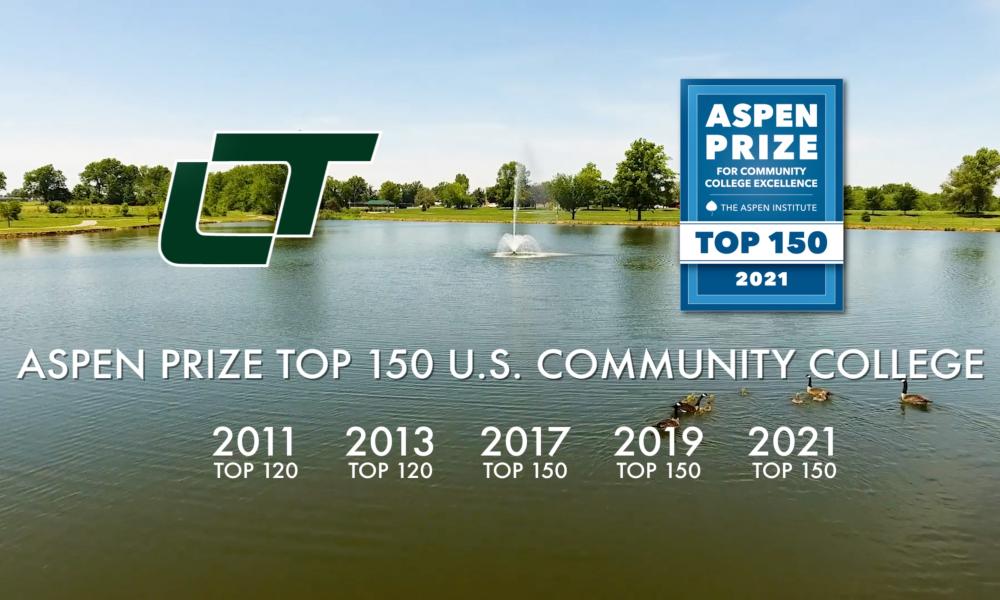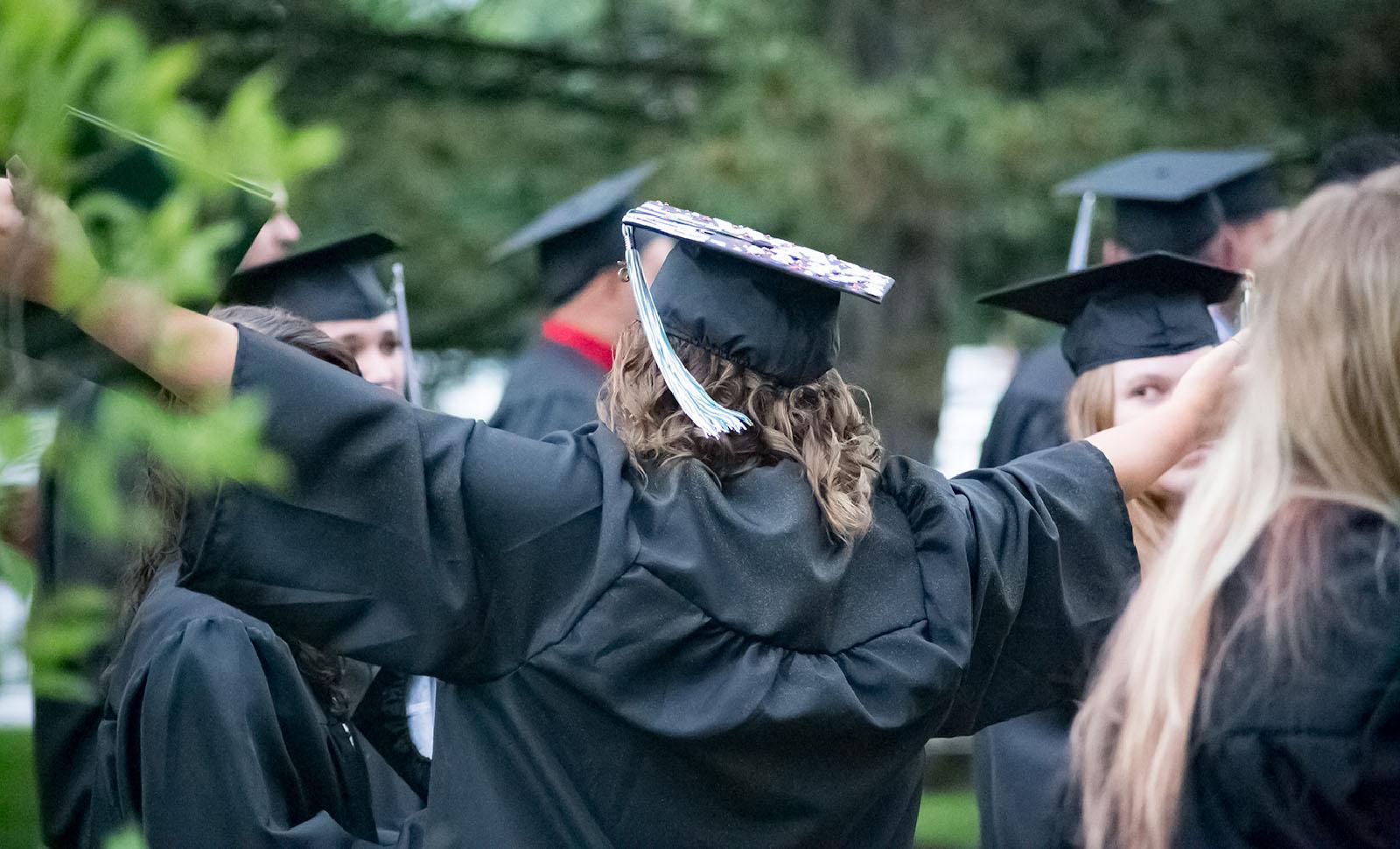
The Aspen Institute College Excellence Program named Lincoln Trail College as one of 150 community colleges eligible to compete for the $1 million Aspen Prize for Community College Excellence, the nation’s signature recognition of high achievement and performance among America's community colleges. Based on strong and improving in student outcomes—including in learning, completion rates, employment rates, and earnings, and equity—15 percent of community colleges nationwide have been invited to apply for the Aspen Prize.
“People need to understand that the Aspen Prize is not about shiny buildings or fancy residence halls, it’s really about the heart and soul of what a community college exists to do and that’s to transform lives,” says Lincoln Trail College President Dr. Ryan Gower. “The Aspen Award is about graduation, the Aspen Award is about retention, the Aspen Award is about placing students after their time with us. The fact that we have been in the top 150 five times in recent history really is a great accomplishment for the college.”
The 150 community colleges named November 5 as eligible to compete for the 2021 Aspen Prize were selected from a pool of nearly 1,000 public two-year colleges nationwide using publicly available data on student outcomes. Located in 39 states in urban, rural, and suburban areas, serving as few as 500 students and as many as 75,000 students, these colleges represent the diversity and depth of the community college sector.
Data show that over the last two years, student retention, graduation rates, and degree completion have improved at the top tier of 150 Aspen Prize-eligible colleges.
“Community colleges play a vital role in developing talent and enabling social mobility across the country, and it’s critical for them to get better at what they do,” said Josh Wyner, executive director of the Aspen Institute College Excellence Program. “We’re pleased to see evidence that these institutions are improving, that more are delivering on their promise. We’re also pleased to play a role in honoring outstanding community colleges and sharing what works to ensure great outcomes for students—through graduation and beyond.”
Instructor Cyndi Boyce says the honor is rewarding. She says one of the reasons why Lincoln Trail has sustained excellence is because the college makes personalized education a priority. “I think that here at LTC, our students get a lot of one-on-one attention. Students know that they can come to us at any time if they have a question or if there’s anything they need help with or if they’re not understanding something. They’re not just a number that gets pushed on to the next chapter or the next topic, instead, we do spend that time sitting down with them and make sure they truly understand that. In a lot of our classes, students get a lot of hands-on work that really helps them grasp the knowledge they need of that topic.”
Gower says it is a real honor to be selected for the fifth time. “This is a small, rural community college and the fact that we are among the top 150 community colleges in the nation is really humbling. It really reinforces the fact that we have an excellent team. We have people here who are not just working jobs, they’re here because they have a calling and they’re passionate about what they do and that’s changing people’s lives.”
The success of Lincoln Trail College and the passion of LTC faculty and staff is not lost on students like Corey Hall and Winter Harmsen. Hall is a sophomore, plays baseball at LTC and currently serves as the Student Trustee on the Board of Trustees while Harmsen is a first-year soccer player and is the president of Student Senate.
“I take a lot of pride being here at Lincoln Trail College,” says Hall. “I think this really shows the excellence that’s been carried on throughout the years here and shows the success that students have here at Lincoln Trail not just when they’re here, but also after they leave here.”
Harmsen says hearing about the Aspen Prize helps validate her decision to come to LTC and she says she’d recommend the College to others. “I’d tell them that the staff is the most caring and even the people in this community are so supportive of everything that we do here. They show up, they help us. JUCOs are usually seen as a lesser entity as a four-year university, but it’s really not. We have small class sizes where it’s really individualized education and you can get all the help you need. We have amazing opportunities and programs here. We have student jobs. We have everything you can get at a four-year university, just much more individualized and much more personalized.”
The top ten finalists for the 2021 Aspen Prize will be named in May 2020. The Aspen Institute will then conduct site visits to each of the finalists and collect additional quantitative data, including employment and earnings data. A distinguished jury will make award decisions in spring 2021.


